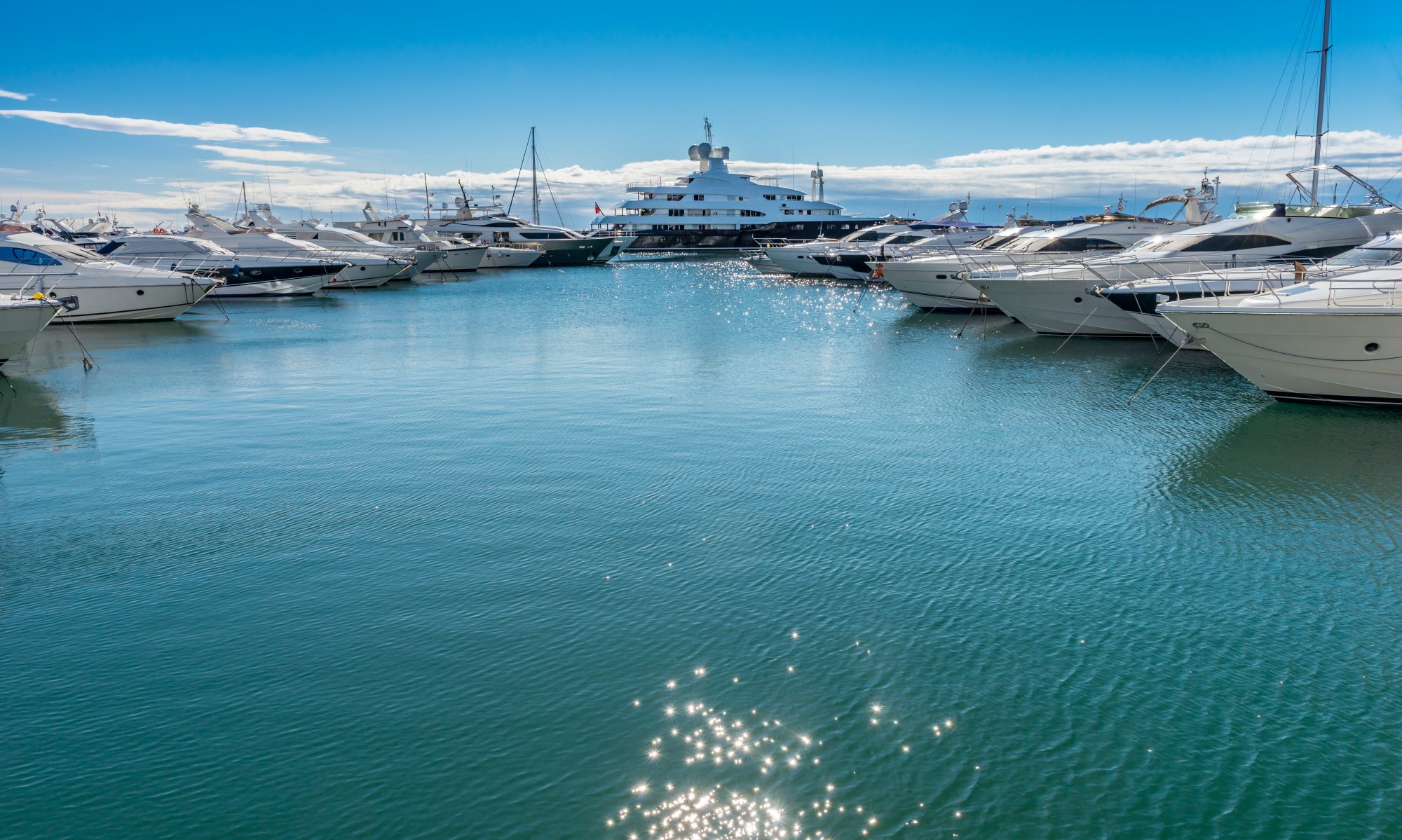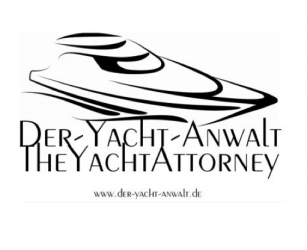Yacht-Recht: Handelskammer Malta am 17.11.2017 zu „Leasing-Modell-Gestaltungen für steuerlich in der EU Wohnsitzige“
Wer nach diesem aktuellen Statement aus Malta (s.u.) glaubt, dass die in Malta üblichen Leasing-Modell-Gestaltungen für steuerlich in der EU Wohnsitzige gleichermaßen gelten und „compliant“ sind, irrt.
Fest steht nur: Die quotale VAT Vergünstigung gem. Art 59a der Malta -VAT Directive für Leasing-Yachten ist EU-konform.
Für steuerlich Wohnsitzige aus anderen EU-Ländern passt die Gestaltung, wie sie oft von Anbietern kommt, die NUR im Maltesischen Recht arbeiten und alles andere ohne jede Haftung von sich weisen, jedoch nicht und löst dort massive außen-, einkommen-, körperschaft- sowie abgeltungsteuerliche Probleme aus.
Diese sind weitgehend lösbar, aber nur über grundlegend andere rechtlich-steuerliche Gestaltungen die wir anbieten:
VAT treatment of yacht leasing
The VAT treatment of yacht leasing (Link und Zitat: Malta Chamber Statement vom 17th November 2017) is based on the principle of effective use and enjoyment as enshrined in article 59a of the VAT directive.
Reacting to a communication by EU Commissioner Pierre Moscovici to Minister Scicluna regarding the application of rules on VAT on yachts, Malta’s leading yachting industry organisations said that the VAT treatment of yacht leasing is based on the principle of effective use and enjoyment as enshrined in article 59a of the VAT directive.
The directive allows Member States to limit the VAT payable on a supply of services to that portion only which reflects use and enjoyment of the service within the EU.
„No changes in VAT treatment since 2009“ (Malta Chamber of Commerce, last Thursday)
In a statement issued on Thursday, the Malta Maritime Law Association, the Malta Maritime Forum, The Yachting Trade Section within the Malta Chamber of Commerce, Enterprise and Industry and the Super Yacht Industry Network Malta said that no changes to the application of this principle have been affected since communications were made to the European Commission on the VAT treatment of long term hire of pleasure yachts in 2009.
“Malta’s VAT treatment of the leasing of pleasure yachts on the basis of the effective use and enjoyment principles in the EU VAT Directive has been based on the similar application of this principle by other Member States, in particular France and Italy.
Yacht owners pay VAT
It is thanks to this that numerous yacht owners have been encouraged to bring their yachts within the European Union and pay VAT on such yachts rather than opt to not pay any VAT by retaining the yachts outside EU waters.
The presence of these yachts in the EU in turn means further increased maritime activity for all those throughout Europe involved in marine related services ranging from general suppliers to yachts to technical services to wintering services” the organisations said.
“As practitioners we have over the past years assisted clients with the payment of VAT as provided for by Maltese and EU law. This in turn has assisted with the creation of a flourishing EU based yachting industry very much in line with the vision of the first Green Paper on an EU maritime policy as enunciated in 2006. This policy sought to encourage the development of marine related activities with a strong focus on the marine leisure industry, in order to ensure that Europe retains its prominence in the international maritime sector rather than see it dissipating outside the Union” the statement noted.
The press release remarked that the yachting industry is one of several other marine related activities in Malta including ship and yacht repair, tug and supply services, maritime flag, transhipment and a host of others.
Malta as an ideal yachting destination with large domestic and a substantial international market
“Malta is an ideally positioned yachting destination in its own right straddling western and eastern Mediterranean cruising grounds, it has a large domestic market and a substantial international market. Together these markets contribute significantly to the country’s and to Europe’s maritime dimension. It is vital that the EU authorities continue to recognise and encourage this contribution in line with the EU Maritime policy” the statement concluded.


